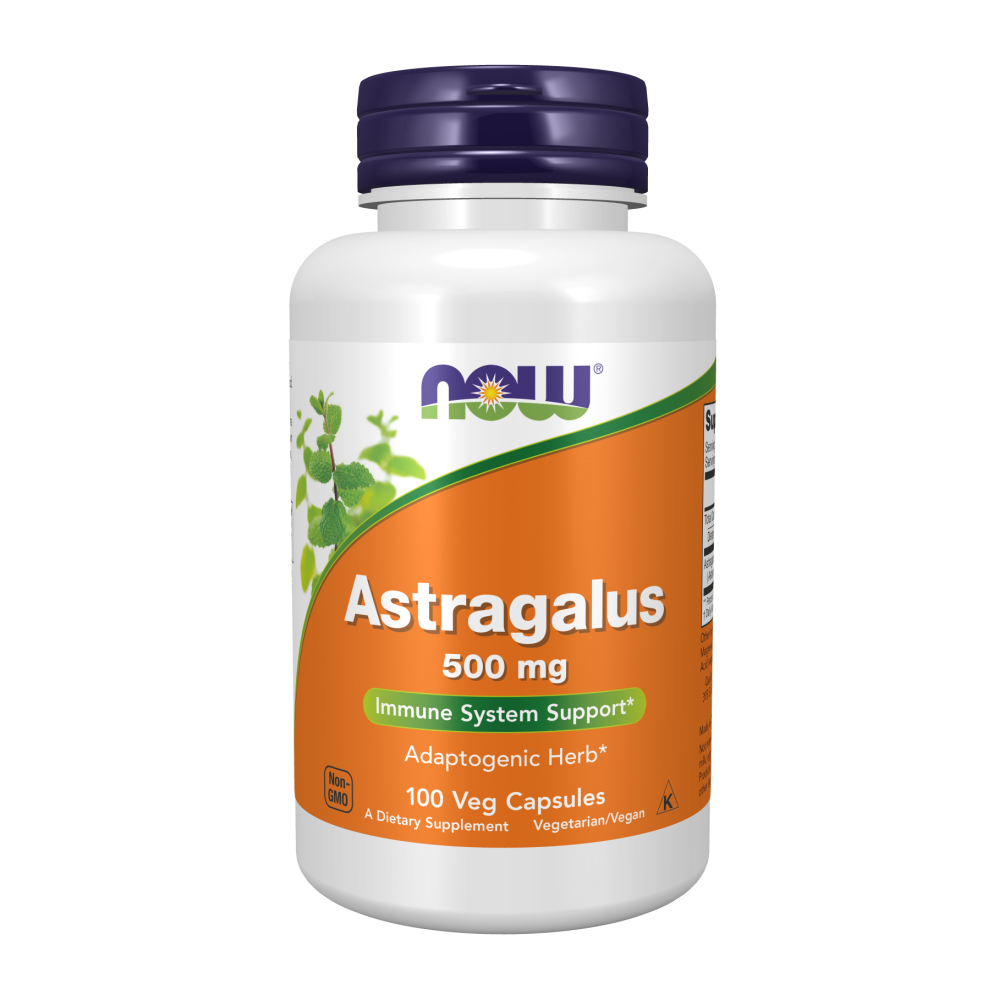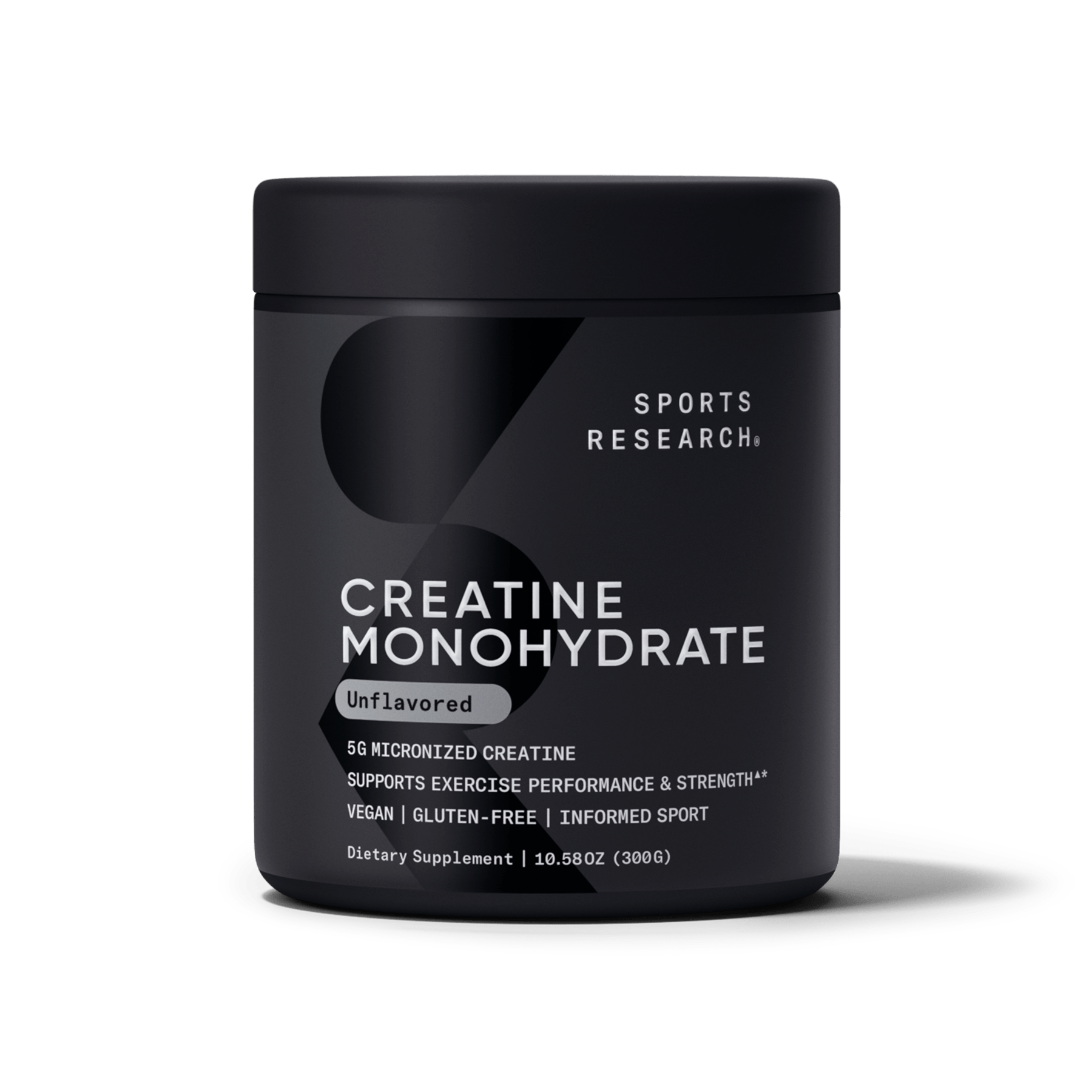
Key Takeaways:
- Consistent stress can affect your circadian rhythm, making it more difficult for you to fall asleep.
- Create a soothing bedtime routine and consider taking sleep-promoting supplements – such as Valerian Root Extract, Melatonin, L-Theanine, and more.
Here’s what to do when your worries are keeping you up at night.
Count sheep. Stare at the ceiling. Get a drink of water. Try counting sheep again.
Most people, at one point or another, have experienced the struggle of falling asleep when stressed. When you’re stressed, it’s more difficult to fall asleep, and yet it is also one of the times when you need sleep the most!
Keep reading, as we explore the ins and outs of stress-affected sleep.
Why is sleep so important?
“Getting more sleep,” is often the advice given to any number of issues – and for good reason. Although often overlooked, sleep can greatly affect your overall mental and physical health.
When you’re asleep, your brain is still hard at work forming new pathways to help you learn and remember information. Sleep is also good for the brain when it comes to attention span, decision-making, and creativity. Adequate sleep contributes to your emotional well-being by helping you to stay sharp and more engaged during the day. Sleep contributes to overall physical health by allowing your body a chance to heal, repair cells and tissue, and help keep your immune system strong.
According to the National Sleep Foundation’s guidelines, adults should get anywhere from seven to nine hours of sleep per night.
How does stress affect sleep?
Seven to nine hours of sleep sounds like a dream. For many people, stress gets in the way. Stress can increase anxiety and make it difficult to sleep at night, and regular, ongoing stress can even impact your circadian rhythm.
Circadian rhythms – also known as body clocks – are 24-hour cycles that influence bodily functions such as eating habits, hormones, and temperature. It’s why you get hungry at dinner time and sleepy at night.
However, circadian misalignment is becoming increasingly common. Shift-work, late-night scrolling, or added stress can increase circadian disruption, resulting in a disturbed sleep-wake cycle.
Let’s look at a few ways you can improve your sleep.
Bedtime tips for coping with stress
Getting the best sleep possible starts long before you’ve turned off the lights. Creating a healthy and consistent bedtime routine can help grant better quality sleep.
Take a bath
Soaking in a warm tub is a soothing way to relax at the end of the day. Try using lavender-scented soaps or oils to promote relaxation and de-stress.
Listen to soothing music
Research shows that music has a direct effect on the parasympathetic nervous system, which helps the body relax and prepare for sleep. Music has the power to slow your heart rate and breathing, lower your blood pressure, and even trigger your muscles to relax. When browsing for the best bedtime playlist, slower is better. Look for a rhythm of 60-80 beats per minute, which you’ll find mostly with classical, jazz, or folk songs.
Practice yoga
Yoga is a gentle way to wind down your day. A national survey found that 55% of people who practiced yoga found that it helped them get better sleep, and over 85% said yoga helped them reduce stress. Deep, controlled breathing is the key to relaxing through yoga; focus on slow steady breaths while relaxing your muscles.
Journal
Writing out your worries can actually help you fall asleep faster. One study followed two groups – one which wrote out their to-do list before bed, and the other wrote a list of things they had already completed. Those who wrote a to-do list fell asleep significantly more quickly, suggesting that writing about stress-factors may actually help individuals fall asleep faster.
Supplements that can help
Melatonin
The most common sleep supplement, melatonin is a naturally occurring hormone that helps regulate the body’s sleep-wake cycle.* Darkness stimulates melatonin – promoting a relaxed and restful sleep – while light suppresses it.*
According to the National Center for Complementary and Integrative Health (NCCIH), studies suggest that melatonin is useful for supporting sound sleep and can help with bouts of occasional sleeplessness related to jet lag and daylight savings time.*
Explore a full list of Solgar®’s melatonin products here.
L-Theanine
Naturally occurring in green tea, L-theanine is a non-essential amino acid that supports relaxation and a positive mood.* Several studies have shown that L-theanine supplementation influences alpha brain wave activity, thus promoting relaxation.* It may also interact with GABA, a quieting neurotransmitter, contributing to its calming effects.*
Solgar®’s Suntheanine®** is a patented, pure form of L-theanine that has been clinically researched for more than a decade.
Magnesium
Magnesium plays a role in more than 300 biochemical reactions in the body and it is one of the most important nutrients needed by the body. Magnesium citrate is one of the most studied forms of this essential mineral and is the preferred form for absorption. At least 300 mg of magnesium citrate per day helps support a calm and relaxed mood and also helps with occasional anxiety and stress.*
Magnesium also helps support muscle health and normal muscle function, which can promote restful sleep.*
Try Solgar® Magnesium Citrate Tablets.
5-HTP
5-HTP supports the brain’s production of serotonin, a neurotransmitter that helps regulate sleep and mood.* Research has shown that supplemental 5-HTP can increase serotonin levels in the brain.*
Check out Solgar® 5-HTP 100 mg Vegetable Capsules.
Valerian Root Extract
Valerian root is a flowering perennial native to Europe and Asia that has been used since ancient Greek and Roman times. It is traditionally used to support calm, tranquil rest.*





